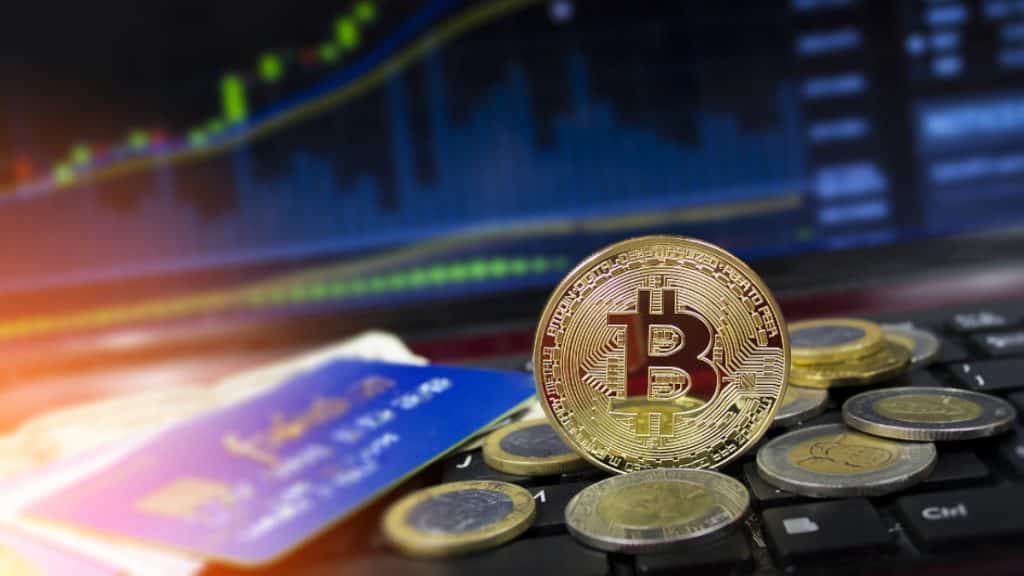The world of finance is evolving at a rapid pace, and one of the most intriguing developments in recent years has been the rise of digital currencies. With the increasing adoption of digital assets, the future of digital currencies holds significant promise. In this article, we will explore the potential of these technologies, their role in reshaping global economies, and the challenges and opportunities they present.
The Shift to a Decentralized Economy
The concept of decentralization lies at the core of digital currency innovation. Unlike traditional financial systems controlled by central banks and governments, digital currencies operate on decentralized networks powered by blockchain technology. This shift promises to fundamentally alter how money is managed, stored, and transferred across the globe.You can also explore immediatechain.com for further information.
Trust Without Intermediaries
One of the key features of digital currencies is the removal of intermediaries in financial transactions. With decentralized networks, users can exchange value directly with one another, bypassing the need for banks or other financial institutions. This not only lowers transaction fees but also increases the speed and accessibility of global transactions.
In traditional systems, trust is placed in financial institutions to verify and approve transactions. However, in decentralized systems, trust is built into the technology itself. The blockchain ensures that transactions are transparent, secure, and immutable, offering a more efficient and trustworthy way of transferring value across borders.
Reduced Barriers to Entry
In many parts of the world, access to traditional banking services remains limited. However, digital currencies provide an opportunity for financial inclusion. With just a smartphone and internet connection, anyone can participate in the global economy. This can be particularly beneficial for people in developing regions who may not have access to formal banking services.
Moreover, the accessibility of digital currencies extends beyond individuals. Small businesses and entrepreneurs can also benefit from this technology by accepting digital assets as a form of payment. This opens up new revenue streams and markets for businesses that may have otherwise been excluded from the global financial system.
The Role of Innovation and Technology
The future of digital assets is closely tied to ongoing technological advancements. Blockchain technology, smart contracts, and decentralized finance (DeFi) are just a few examples of how the space is continuously evolving. As technology improves, it is likely that the capabilities of digital assets will expand, making them even more useful for a variety of applications.
Blockchain Technology: Beyond Digital Assets
While digital currencies are the most well-known application of blockchain technology, the potential uses of blockchain extend far beyond just financial transactions. Blockchain can be applied to a wide range of industries, including supply chain management, healthcare, and even voting systems.
For example, in supply chain management, blockchain can provide a transparent and tamper-proof record of goods as they move from one point to another. This can improve efficiency, reduce fraud, and enhance accountability within industries that rely on complex supply chains.
The Growth of Decentralized Finance (DeFi)
Decentralized Finance, or DeFi, is a rapidly growing sector that leverages blockchain technology to create financial services without intermediaries. DeFi applications allow individuals to borrow, lend, trade, and earn interest on their digital assets in a completely decentralized manner.
As more people become familiar with DeFi platforms, it is likely that the demand for decentralized financial services will grow. This shift could eventually lead to a more inclusive financial ecosystem that challenges traditional banking models and empowers individuals to take control of their financial futures.
Challenges to Widespread Adoption
Despite the potential benefits, the widespread adoption of digital assets faces several challenges. These include regulatory concerns, technological limitations, and public perception. Addressing these obstacles will be essential for ensuring that digital assets can achieve their full potential.
Regulatory Uncertainty
One of the most significant challenges facing digital assets is the lack of clear regulation. Governments and financial institutions are still grappling with how to classify and regulate digital currencies. While some countries have embraced the technology, others have imposed strict regulations or outright bans.
The uncertainty surrounding regulations creates a volatile environment for investors and businesses. However, as the technology matures and more governments begin to understand its potential, clearer and more consistent regulations are likely to emerge, helping to foster greater confidence in the space.
The Impact on Global Trade
Digital assets have the potential to revolutionize global trade by reducing the cost and complexity of cross-border transactions. Currently, international payments can be slow, expensive, and subject to various intermediaries. Digital currencies can streamline this process by enabling faster, cheaper, and more secure cross-border transactions.
The ability to send and receive payments globally without the need for intermediaries could reduce the friction in international trade, ultimately benefiting businesses and consumers alike.
Conclusion
The future of digital assets is full of promise, but also challenges. As technology continues to evolve, these assets have the potential to revolutionize the way we think about money, finance, and global trade. While there are hurdles to overcome, the increasing adoption of decentralized systems, the growth of innovative technologies, and the expanding applications of digital assets point toward a bright future. As regulatory clarity improves and security measures strengthen, digital assets are likely to become an integral part of the global financial ecosystem. The future is digital, and it holds exciting possibilities for individuals, businesses, and economies worldwide.
